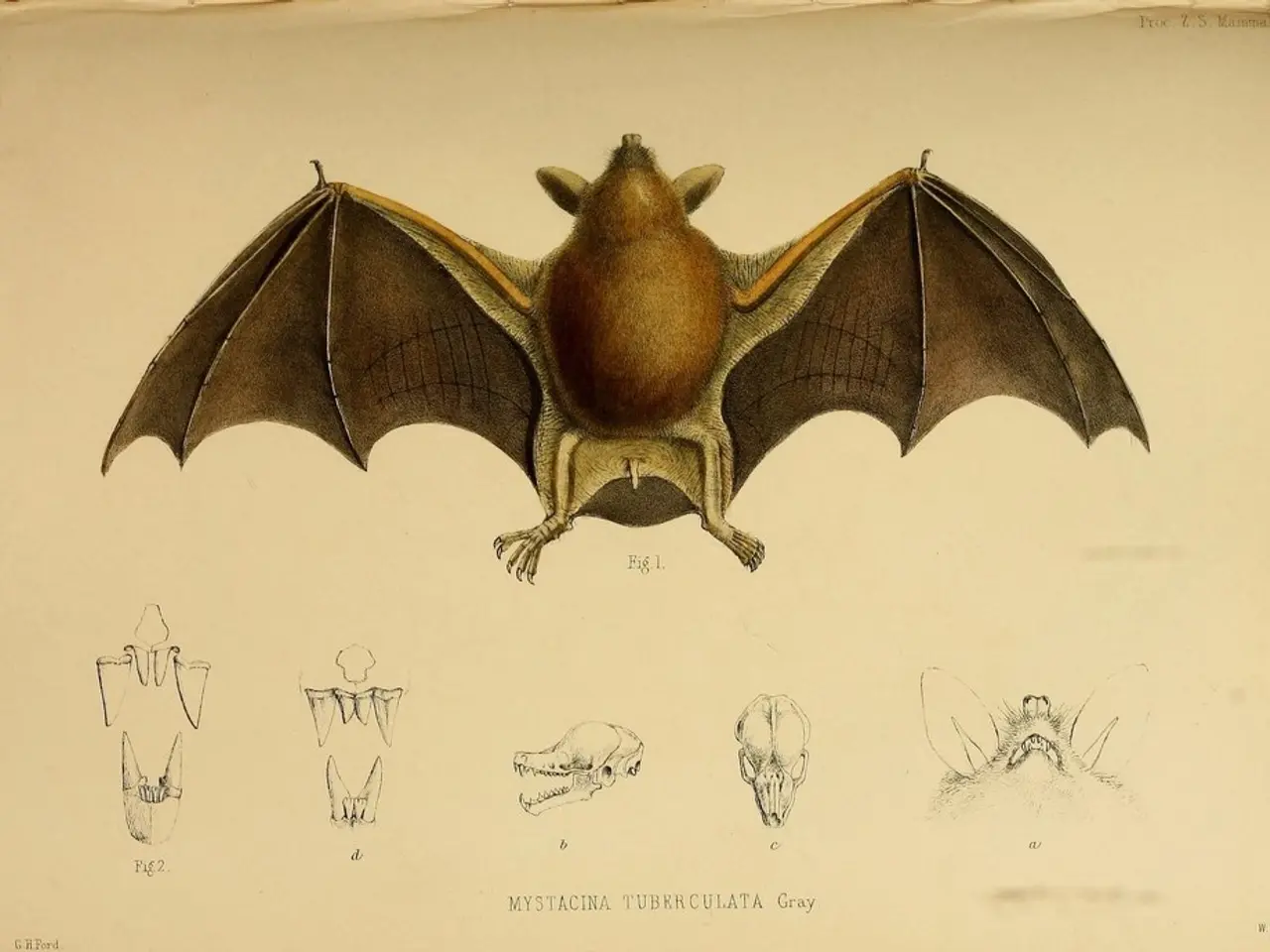Panasonic Energy commences large-scale production at a fresh automotive lithium-ion battery factory situated in Kansas, targeting an annual capacity of 32 GWh to boost local US production speed.
Panasonic Energy Opens Largest EV Battery Factory in North America
Panasonic Energy has opened a new electric vehicle (EV) battery factory in De Soto, Kansas, marking a significant step in the company's efforts to scale domestic production of advanced EV batteries. The new factory, known as the Kansas Factory, is one of the largest automotive battery plants in North America.
The Kansas Factory, a major milestone in Panasonic Energy's journey to scale advanced battery production in the US, has been made possible with strong local support and the State of Kansas. The factory is built on a site spanning approximately 300 acres, equivalent to more than 225 American football fields.
Kazuo Tadanobu, CEO of Panasonic Energy, emphasizes the facility's role in accelerating the shift to electrification, reinforcing regional supply chains, and nurturing the next generation of battery talent. "The Kansas Factory is a significant economic development project in Kansas state history," Tadanobu said.
The factory's planned annual production capacity is about 32 gigawatt-hours (GWh), enough to supply batteries for approximately 500,000 EVs each year. This capacity, combined with Panasonic's existing Nevada battery plant, will bring the company's total US-based battery production capacity to around 73 GWh annually once the Kansas plant is fully operational.
The Kansas Factory features state-of-the-art production lines that increase productivity by around 20% compared to Panasonic's Nevada site, using labor-saving systems that enhance output efficiency while focusing on sustainability. This expansion supports Panasonic's strategy to localize supply chains closer to automotive manufacturing hubs in the US, reducing reliance on overseas suppliers, enhancing supply chain resilience, and lowering logistics costs.
Panasonic Energy remains committed to supporting CO2 emissions reduction through the widespread adoption of electric vehicles. The company's high-capacity lithium-ion cells, used in over 3.7 million EVs, have an industry-leading volumetric energy density of 800 Wh/L.
In addition to its production capabilities, the Kansas Factory is also a hub for innovation and collaboration. Panasonic Energy is collaborating with institutions such as the University of Kansas to promote long-term industry-academia partnerships. The company aims to establish an annual production capacity of approximately 32 GWh at the Kansas Factory, creating up to 4,000 direct jobs and approximately 8,000 jobs in total, including those in supplier and related industries.
Panasonic Energy's commitment to the region and a foundation for long-term collaboration and innovation in the US is evident in the Kansas Factory. The company, which has supplied around 19 billion cells and has not caused any vehicle recalls due to their focus on safety and reliability, continues to lead the way in the EV battery industry.
| Factory Location | Planned Annual Capacity (GWh) | EVs Powered Annually (approx.) | |------------------|-------------------------------|-------------------------------| | Nevada | ~41 | N/A | | Kansas | ~32 | 500,000 | | Total US | ~73 | N/A |
Sources: [1] Panasonic Energy press release, March 2025. [2] Reuters, March 2025. [3] BloombergNEF, March 2025. [4] Electrek, March 2025. [5] The Verge, March 2025.
- The new EV battery factory, Panasonic Energy's Kansas Factory, is expected to contribute significantly to the finance sector by generating revenue and creating jobs, with an estimated annual production capacity of 32 gigawatt-hours, enough to power approximately 500,000 electric vehicles.
- The advances in technology and data-and-cloud-computing, as applied in Panasonic Energy's Kansas Factory, have resulted in a 20% increase in productivity compared to their Nevada site, thanks to labor-saving systems that focus on sustainability.
- Panasonic Energy's ongoing partnerships with institutions like the University of Kansas, fostered through the Kansas Factory, underscore their commitment to the industry-academia collaboration in the realm of energy and technology, and the nurturing of the next generation of battery talent.




